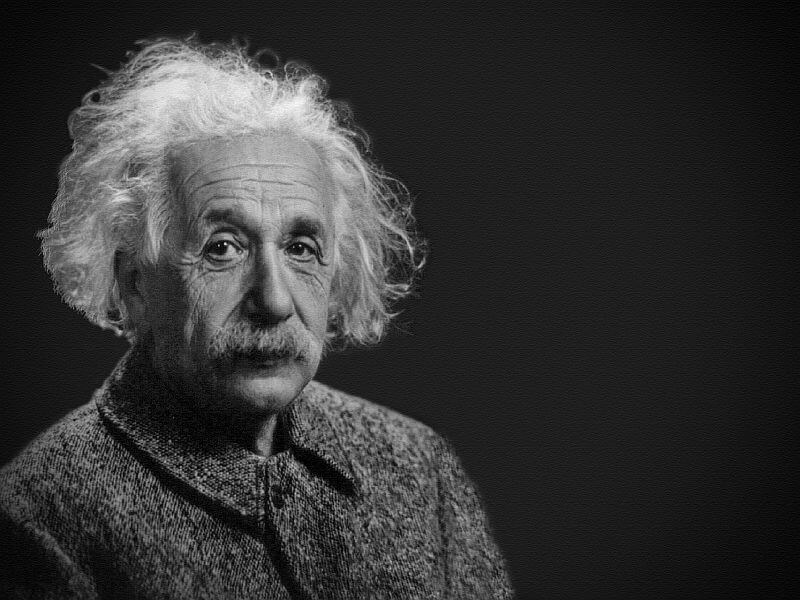AJ Tutoring works with students across almost every academic subject imaginable, all of which have their own difficulties and hurdles for students to overcome. One of the broadest subjects in the high school curriculum is physics, and it is one of the most popular subjects that AJ is called on to help students with. Whether working through the fundamental relationships in an introductory class or exploring the applications of calculus in mechanics and electromagnetics in AP Physics C, there are challenges at every level for those who study this fundamental science. A question that we are frequently asked here at AJ is, “Can my student take the Physics Subject SAT?”
Prerequisites for the Test
On the face of it, this is a straightforward question: any student can take the Physics Subject SAT because there are no prerequisites that the College Board lists. They do recommend students take a “One-year introductory college-preparatory course in physics” before taking the exam, but exactly what level of Physics is equitable to this? For example, would doing AP Physics 1 be enough? How about just taking both parts of the AP Physics C class? The answer is not nearly as simple as it first appears.
In terms of AP exams, there are four options that you can sit for Physics; AP Physics 1, AP Physics 2, AP Physics C: Electricity and Magnetism, and AP Physics C: Mechanics. Clearly, there is a lot more going on here than for any of the other sciences! Chemistry, biology and environmental science all have just one AP exam each. So, why so many for physics?
To put it simply, physics has an incredible breadth and depth to it that colleges will expect any prospective undergraduate to already have some background knowledge on. The SAT exam breaks this down into 6 categories: Mechanics, Electricity and Magnetism, Waves and Optics, Heat and Thermodynamics, Modern Physics, and Miscellaneous. In truth, each of the subjects listed is an entire field of its own, but these are seen as college-level subjects and prospective undergraduates are not expected to know more than the fundamentals.

Ideal Background for the Test
So, just looking at the list of categories, we can immediately see that any prospective SAT student who has only sat the 2 AP Physics C exams completed will be missing out on 2/3 of the subjects required for the SAT. The biggest down-side to preparing for the SAT with the AP C curricula is the difference in the level of mathematics comprehension required. AP C requires students to have a very firm grasp of Calculus, whereas the SAT does not require any more than Algebra 2 and Trigonometry.
The AP Physics 1 paper covers the majority of the “Mechanics” content required for the SAT, as well as a small portion of the “Electricity and Magnetism” section and a single chapter of the “Waves and Optics” section. The AP Physics 2 paper covers the remainder of the “Electricity and Magnetism” content, as well as the remainder of the “Waves and Optics” content, the “Heat and Thermodynamics” content and “Modern Physics”.
So, when parents come to us and ask, “What level of Physics should my student have taken to be prepared for the Subject SAT?”, the answer is, clearly, not straightforward. Our normal recommendation is for a student to have completed AP 1 and AP 2, as well as taking several sessions with one of our Physics SAT Subject Test specialists to fill in the gaps in the curricula of these two courses. However, that is a lot of physics to cover as a high school student! Most schools will only allow a student to sit 1 AP Physics course per year, so students would have to start during sophomore year to complete both AP 1 and AP 2 in time to take the Subject SAT during senior year. Is there an alternative?
In short, yes! We here at AJ have been working with physics students across the Bay Area, starting from a whole range of initial understanding levels, to help them attain a good grade on the SAT Subject Test in Physics. We have been developing materials to help take students from regular physics only, AP 1 only, AP 2 only or AP C only to go through to the SAT. For students with more content gaps, though, it is important to keep in mind that the timeline for preparation increases.
Give us a call today and see what we can do to help your student achieve his or her potential on the SAT Subject Test in Physics and stand out from the crowd!

